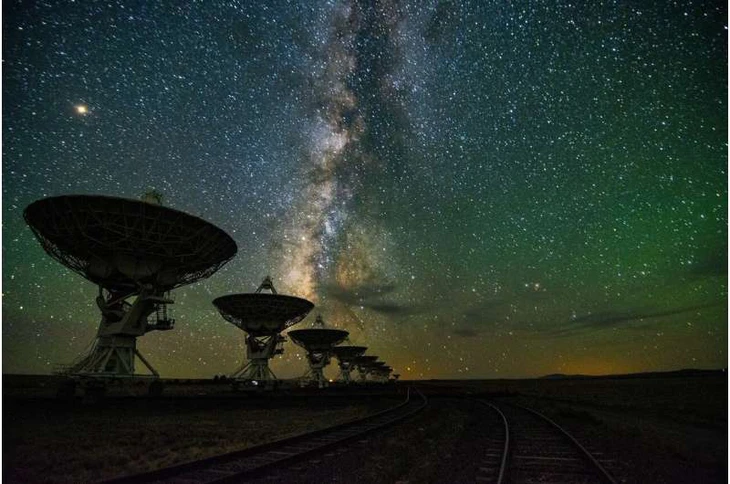
Humans are still constantly searching for life outside Earth - Photo: NRAO/AUI/NSF, Jeff Hellerman
This alien research was conducted by Dr. Veres Antal, associate professor of mathematics at the Hungarian Agricultural University.
He called this phenomenon the "Zone of Solitude," a special probability interval in which the likelihood of only one civilization at a certain technological level is higher than the likelihood of many civilizations or no civilization at all.
Hundreds of billions of planets and stars, no place has been found to have life
According to Antal's mathematical analysis, in the most optimistic scenarios, the probability of Earth falling into this zone is almost zero. But in a more realistic scenario, the chance of humanity being the only civilization in the universe is closer to 30%.
He argues that this solitude depends strongly on the complexity of life. For simple life forms, the possibility of solitude is almost impossible, but when it comes to extremely advanced civilizations, it becomes the most likely scenario.
For decades, the question "are we alone in the universe?" has been associated with a famous paradox in astronomy, known as the Fermi Paradox.
Italian physicist Enrico Fermi asked the question in 1950: if there are hundreds of billions of stars and at least hundreds of billions of planets in our galaxy, why has there been no sign of extraterrestrial life? That question remains unanswered.
Many scientists believe that life may be so rare that we are the only ones left. Others believe that aliens may be deliberately avoiding contact in order to observe humanity from afar.
Dr. Antal, on the other hand, approaches the problem from a mathematical and probabilistic perspective. He sees the lack of signs of other life not as an anomaly, but as an inevitable result of the laws of probability in nature.
The only civilization ?
In a study published in the journal Acta Astronautica , Antal calculated that there are scenarios where loneliness is the most likely outcome.
Accordingly, only when the probability of life forming is moderate, not so rare that no one exists, but not so common that there are many civilizations at the same time, then the probability of only one civilization like humans is maximized. His calculations indicate that there is about a 29% chance that humanity is living in that lonely zone.
While this may sound grim, it does leave room for hope that we are not alone. The more complex civilizations become, the greater the likelihood that they are unique, but even at our level of human advancement, no scenario has ever seen a probability of being alone that exceeds 50%.
Even in what he calls a “Critical Earth” model, that probability is only about 30%.
These findings echo the idea of the so-called “Great Filter” that Enrico Fermi once mentioned. According to this hypothesis, there may be a barrier in the development of life, a threshold that most civilizations cannot overcome.
If this barrier lies in the past, intelligent life is extremely rare. But if it lies in the future, humanity may not be able to overcome it, and may even risk destroying itself before achieving interstellar travel.
Professor Brian Cox once commented that it is impossible for a world powerful enough to destroy itself and still operate sustainably. According to him, the development of science and technology can exceed human political and moral capacity, leading to uncontrollable consequences.
Of course, there are more optimistic theories. Some scientists believe that alien civilizations may exist but lack the technology to communicate. The distances between planets may also be too great for signals to be transmitted and received in a reasonable time. If two civilizations are thousands of light years apart, one may disappear before a signal is returned.
There is also a theory that aliens deliberately did not make contact, allowing Earth to develop naturally as a "biological reserve" in the vast universe.
If Earth is indeed in the Lone Zone as Dr. Antal describes, it would be not only a cold scientific discovery, but also a profound reminder of the value of life.
Among hundreds of billions of stars, the appearance of a planet with intelligence, consciousness and self-awareness like ours may be so rare that the statistics lean towards the number 1. That loneliness, if real, is both scary and precious, because it makes humanity realize that life on Earth is the most precious thing the universe has ever produced.
If we are unique, it means a huge responsibility: to protect life, preserve this planet, and continue to explore space not to find someone else, but to understand more deeply about our own existence.
Source: https://tuoitre.vn/nghien-cuu-moi-khong-co-nguoi-ngoai-hanh-tinh-ca-vu-tru-chi-co-loai-nguoi-20251028211721559.htm




![[Photo] Prime Minister Pham Minh Chinh chairs the second meeting of the Steering Committee on private economic development.](https://vphoto.vietnam.vn/thumb/1200x675/vietnam/resource/IMAGE/2025/11/01/1762006716873_dsc-9145-jpg.webp)



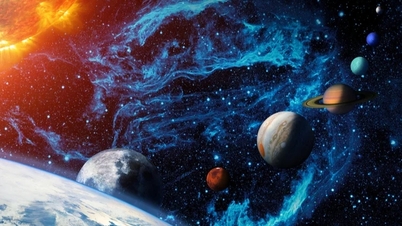

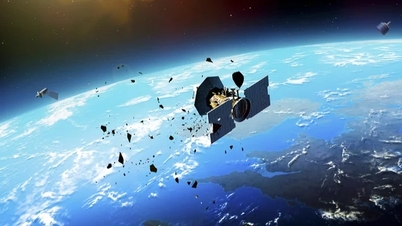



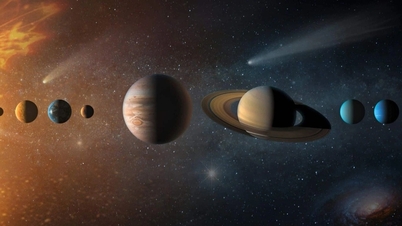
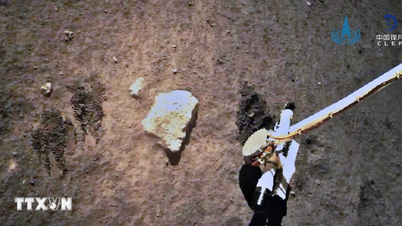






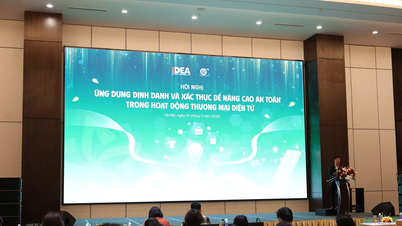







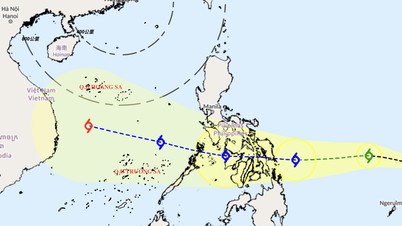





























































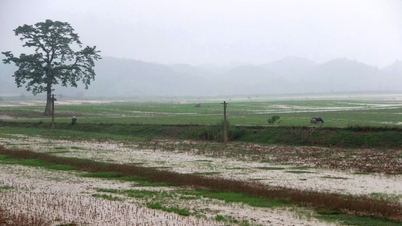














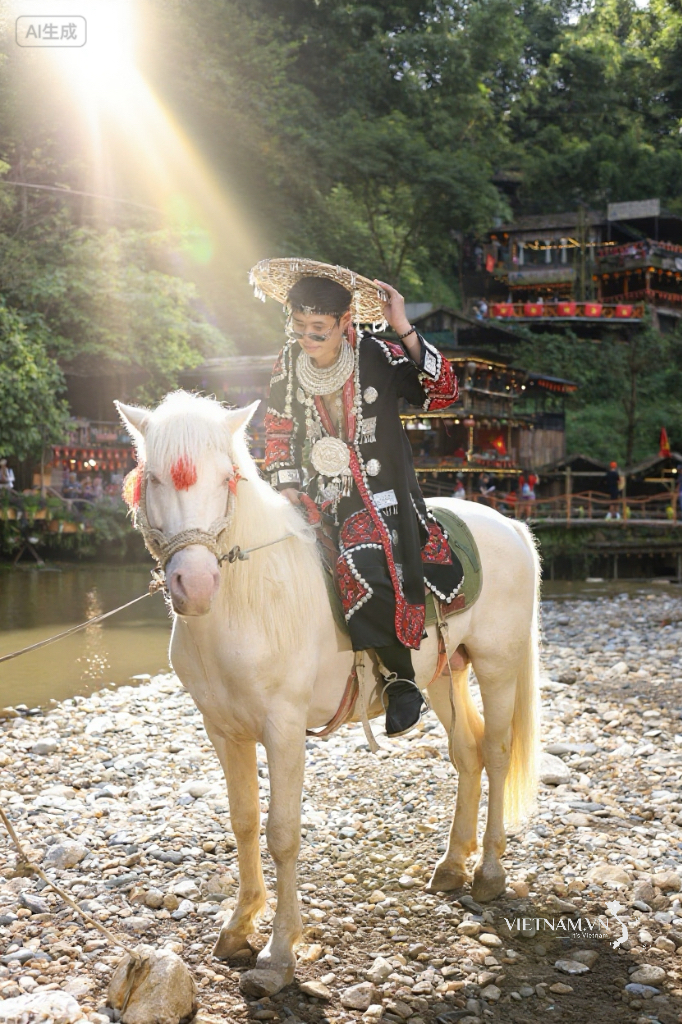


Comment (0)